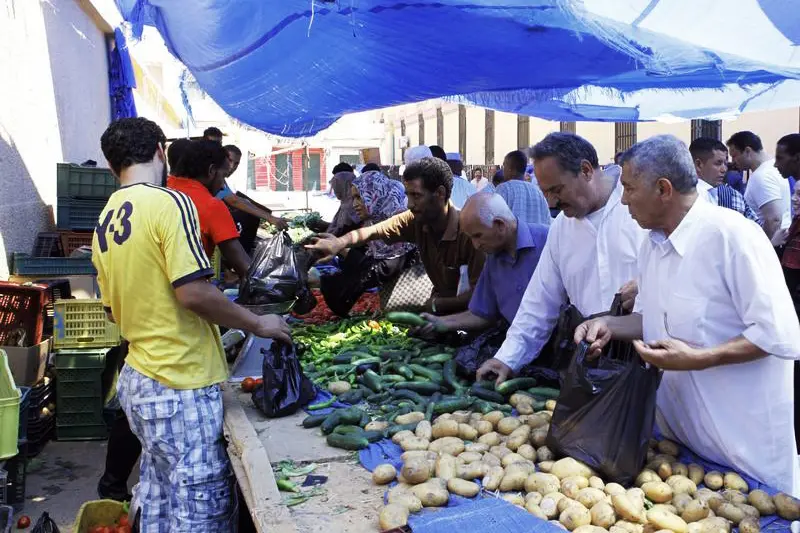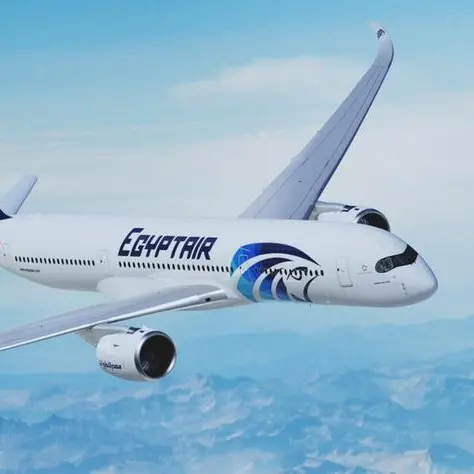PHOTO
By Ahmed Elumami
TRIPOLI, May 25 (Reuters) - One of Libya's rival parliaments wants to replace subsidies for food and fuel with cash payments to citizens, to relieve some of the pressure on public finances hit hard by dwindling oil revenue, a senior lawmaker said on Monday.
It was not clear how the decision will be implemented. Spending is largely controlled by the central bank, and it is trying to stay out of the conflict between the two Libyan governments and parliaments.
But it shows the dire state of public finances as oil revenues dwindle. Libya is now pumping a quarter of the oil it produced before Muammar Gaddafi was overthrown four years ago.
A third or more of public spending goes to subsidies guaranteeing Libyans artificially low prices for petrol and basic food items, much of which is smuggled abroad.
State oil firm NOC will raise the price for petrol at pumps, Mohamed Moazzab, head of the planning and finance committee at the Tripoli-based General National Congress, told Reuters.
To offset the rising prices, the GNC will pay every Libyan 50 dinars ($39) a month, resulting in total spending of 2 billion dinars from June to December.
He did not say how much would be saved by removing the subsidies. A parliamentary statement said the prices of "some" subsidised food products would also be raised in line with their actual costs apart from petrol.
"We mainly aim with the lifting of fuel and food subsidies to stop the smuggling of goods and fuel to neighbouring countries," he said.
Spending in Libya is not transparent. The central bank usually transfers funds allocated for salaries or subsidies to state bodies controlled by local authorities and different factions.
In western Libya, state bodies, such as a fund in charge of guaranteeing the allocation of subsidised goods, are controlled by the GNC and Tripoli government. The internationally recognised government and parliament run only a rump state in eastern Libya.
Subsidies are part of a Gaddafi era-system to buy political loyalty. The new rulers, pressured by armed former rebel groups, have not dared to touch them until now.
Moazzab also said the GNC had approved a budget for 2015 with a volume of 43 billion dinars, predicting a deficit of 18 billion dinars.
(Writing by Ahmed Elumami and Ulf Laessing; Editing by Larry King) ((ulf.laessing@thomsonreuters.com; follow me on twitter @ulflaessing; Tripoli newsroom; Reuters Messaging: ulf.laessing.reuters.com@reuters.net))
Keywords: LIBYA BUDGET/





















